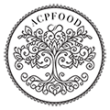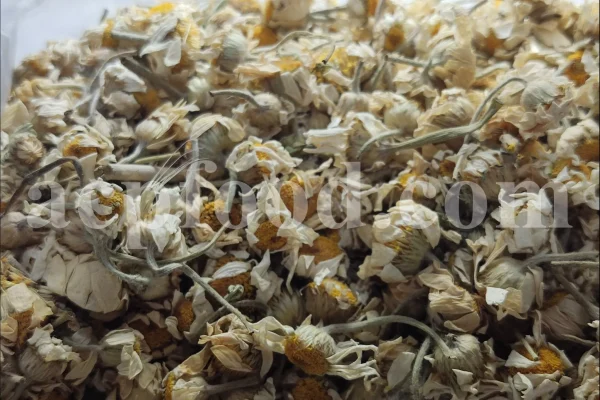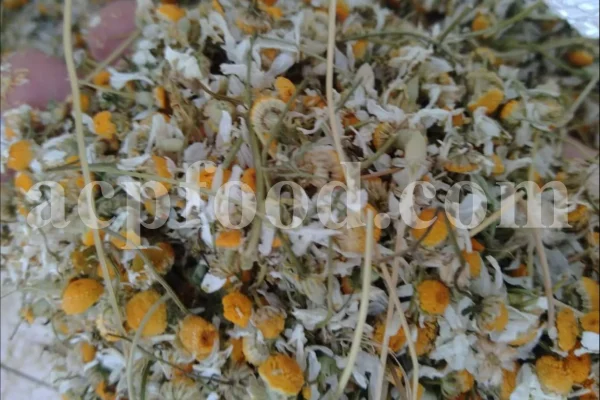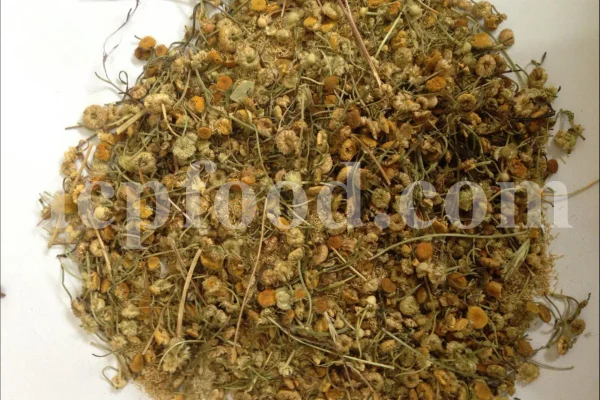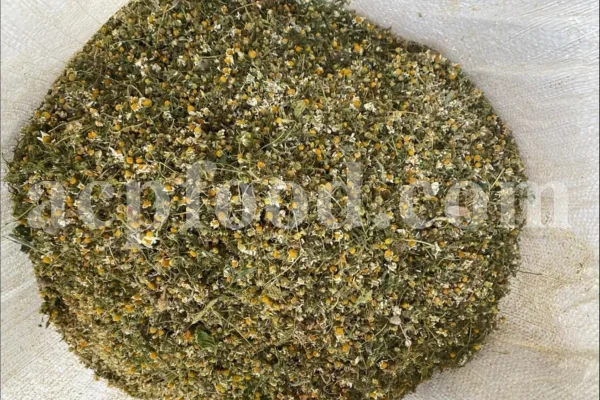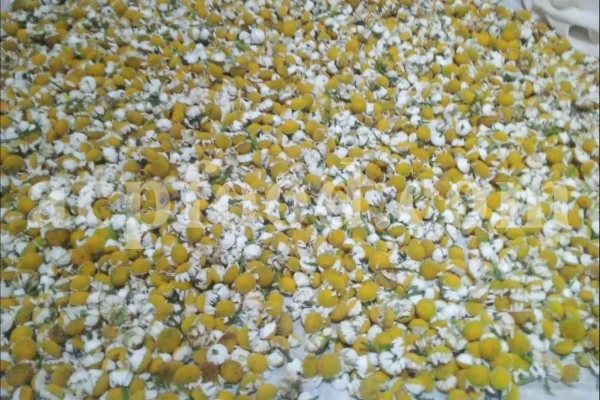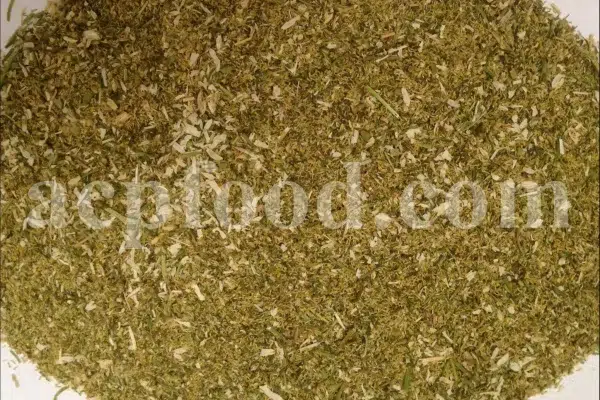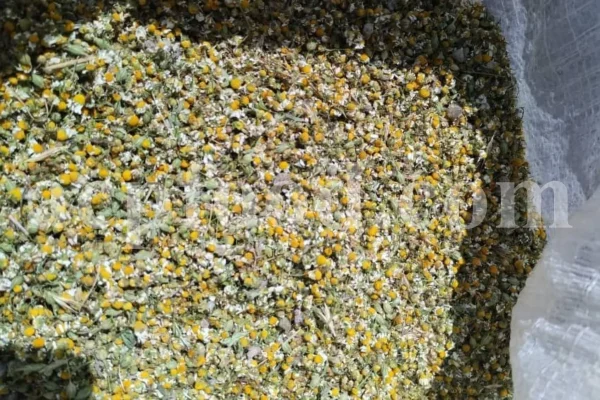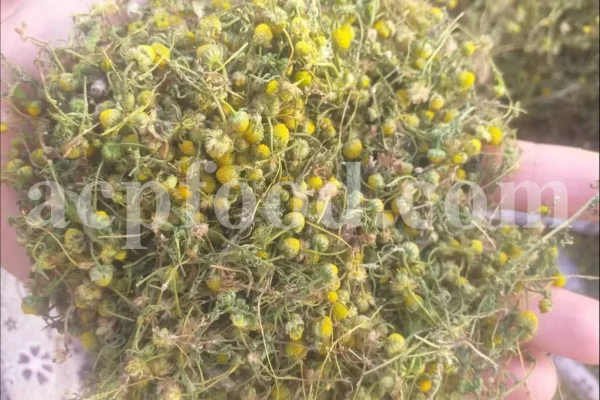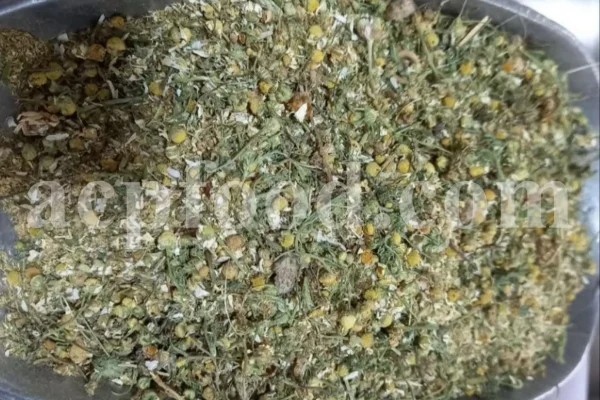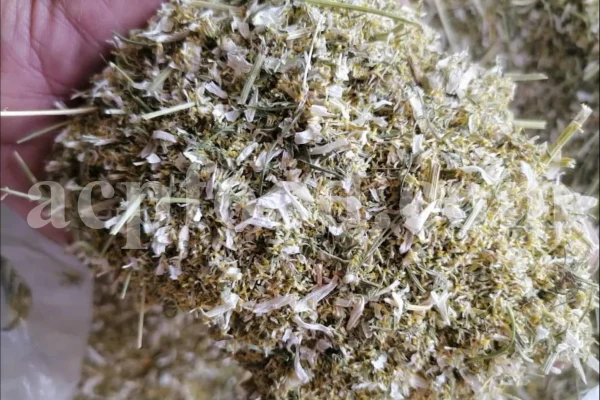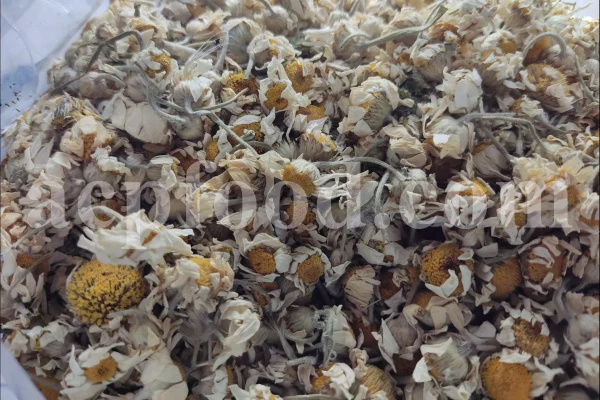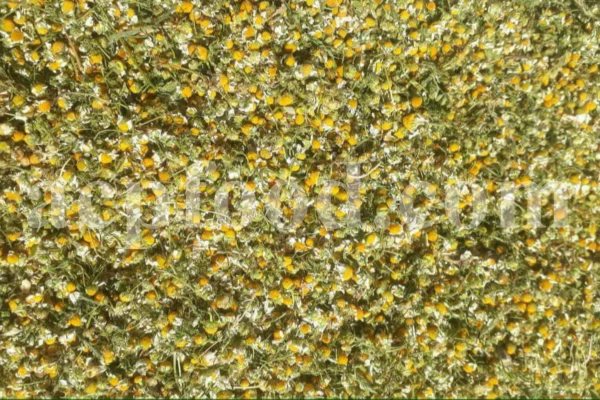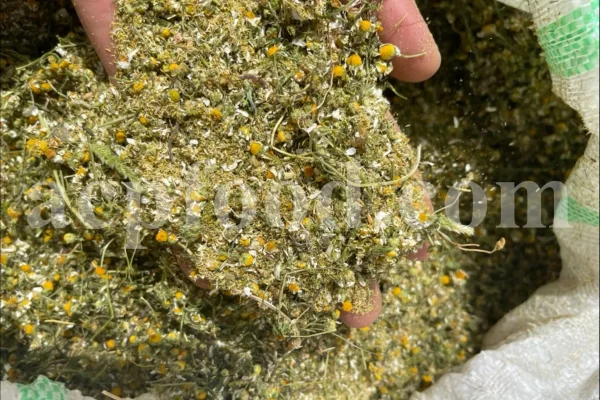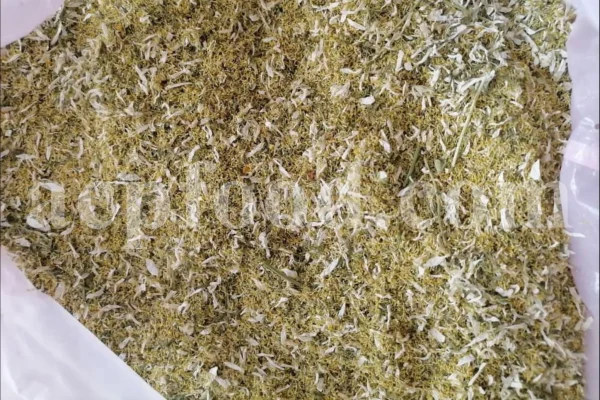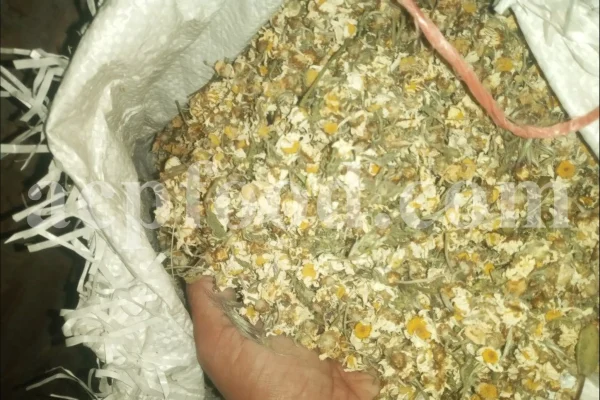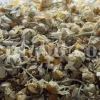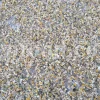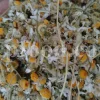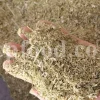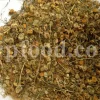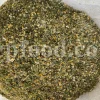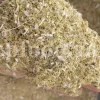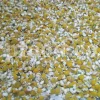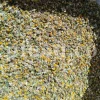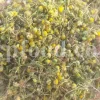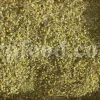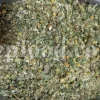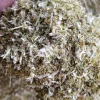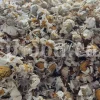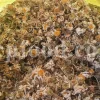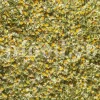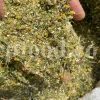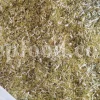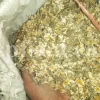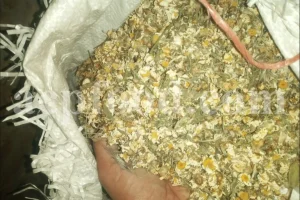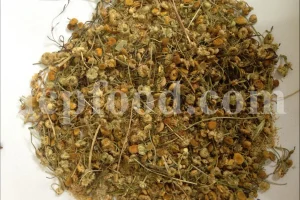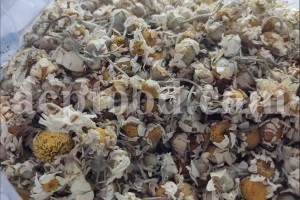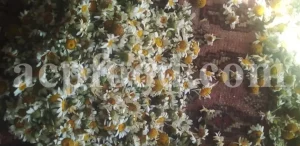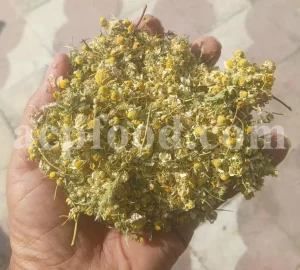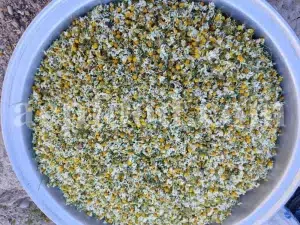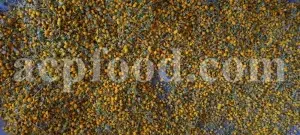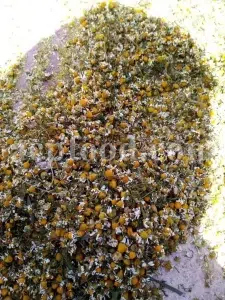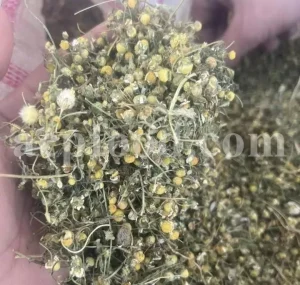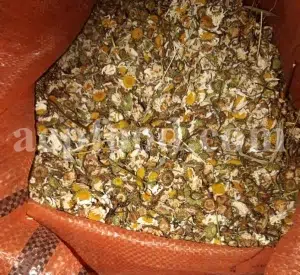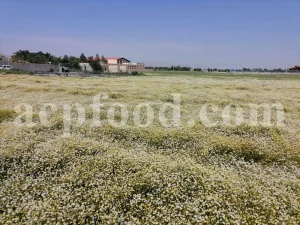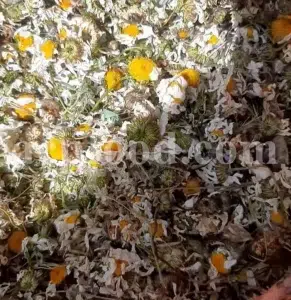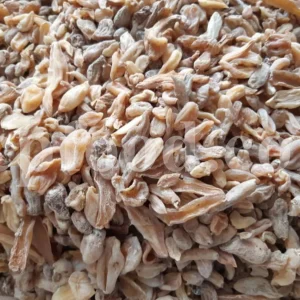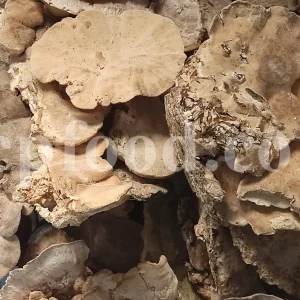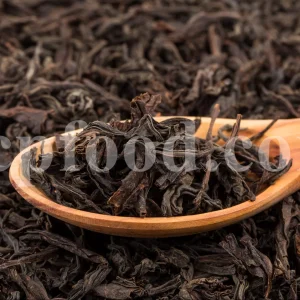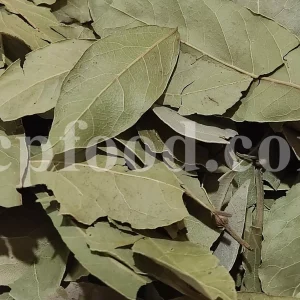1- Feverfew
2- Yellow Chamomile
3- Chamomile
4- Corn Chamomile
5- Roman chamomile
1- Common Feverfew, Feather-Leaved Tansy, Featherfew.
2- Dyer’S Chamomile, Golden Chamomile, Golden Marguerite.
3- Blue Chamomile, Common Chamomile, Crown Mayweed, German Chamomile, Hungarian Chamomile, Matricaria, Scented Chamomile, Scented Mayweed, Sweet False Chamomile.
4- Field Chamomile.
5- English chamomile, Russian chamomile, Noble chamomile.
Family: Asteraceae
GENERAL DATA
Plant parts: Flowers
Cultivation mode: Wild collection/Cultivated
In manufacturing: Pharmaceutical, beverages, cosmetics, soap, skincare, haircare, shampoo, perfumery, extract, oil, mouthwash, dyeing, hair color.
In food: Herbal Tea.
PRODUCT NAME IN DIFFERENT LANGUAGES
Persian Name: بابونه/ Babooneh
German Name (Deutschland, Austria, Switzerland): 1- Mutterkraut | 2- Färberkamille | 3- Echtkamille | 4- Acker-Hundskamille | 5- Römische Kamille
French Name (France, Belgium, Switzerland, Quebec): 1- Grande Camomille, Partenelle | 2- Anthémis des teinturiers | 3- Camomille allemande, Matricaire camomille | 4- Fausse Camomille | 5- Camomille noble
HARVEST CALENDAR
Feb
Mar
Apr
May
Jun
Jul
Aug
Sep
Oct
Nov
Dec
To order Chamomile dried flowers, please contact us.
This plant is native to Europe and is cultivated in other parts of the world, it is planted in most parts of China, Java and Japan, and in Europe and Asia it is grown wildly and planted sometimes, in Iran in some northern regions and it is also seen in the south wildly and is planted in the garden.
About Chamaemelum Nobile
It is a plant of the Asteraceae family, perennial, short, which is about 20cm tall and very fragrant. The flowers of this complex are in a cap that appears singly at the end of the flowering stem in summer, in each cap the white flowers are around the circle and the yellow flowers are in a circular and prominent part in the middle of the cap. This plant is spread and planted in Europe and Asia. In Iran, it is not grown wild, but it is cultivated.
About Anthemis Arvensis
It is a plant of the Asteraceae family, annual, small and about 20cm tall. On the head of this flower, there are two types of flowers, one yellow and the other tabular and white. This plant has a weak aroma and its taste is very bitter. It is seen in the northwest and southwest of Iran.
To order dried Chamomile, please contact us.
Chamaemelum Nobile Chemical Constituents
Chamazulene (27.80%), β-pinene (7.93%), 1,8- cineole (7.51%), α-pinene (5.94%), α-bisabolol (5.76%) were found major compounds in Chamaemelum nobile.
Chamomile Temperament
Hot and dry.
Chamomile Health Benefits
3. Cooked German Chamomile poultice is used to soften hard swellings.
4. Boil 1kg of it in a liter of water for 20 minutes and put on the head. It is effective for shining and making golden and brown hair blonde.
5. Its concentrated decoction is very effective for washing, disinfecting and healing wounds.
2. Its brewed tea in vinegar incense reduce eye pain and strengthen it.
3. Chewing it in the mouth is useful for healing mouth ulcers.
Roman Chamomile Side Effects
Roman Chamomile is incompatible with walnuts, quinine, tannins, silver salts, mercury salts, lead and iron sulfate and should not be eaten together.
Feverfew Flower Medicinal Properties
1. Brew 15 grams of dry flower in a liter of boiling water, strain and drink it before each meal. It is antispasmodic, stops fever, prevents plague, is a powerful warmer and opens clogs and blockages of the liver and arteries, relieves bladder pain and resolves rectal inflammation, crushes bladder stones, to relieve splenitis, ascites and stomach pain are beneficial.
2. Sweeten its brewed tea with honey and drink it. It is a strong diuretic, dilutes frozen blood in the bladder and stomach and relieves its pain, kills worms and lowers blood pressure.
8. Its suppository in the vagina is a strong emmenagogue and cleanses the uterus.
9. Smelling it is soporific.
Feverfew Side Effects
It is harmful to the stomach and extravagance in eating it causes headaches and head heaviness.
Feverfew Leaves Medicinal Properties
1. Pound 12 grams of its dry leaves and mix it with “Sekanjebin”, add salt and eat. It is a black bile expellant.
2. If you eat 5 grams of its pounded leaves with “Sekanjebin”, it is very useful to increase appetite.
To order dried Feverfew, please contact us.
